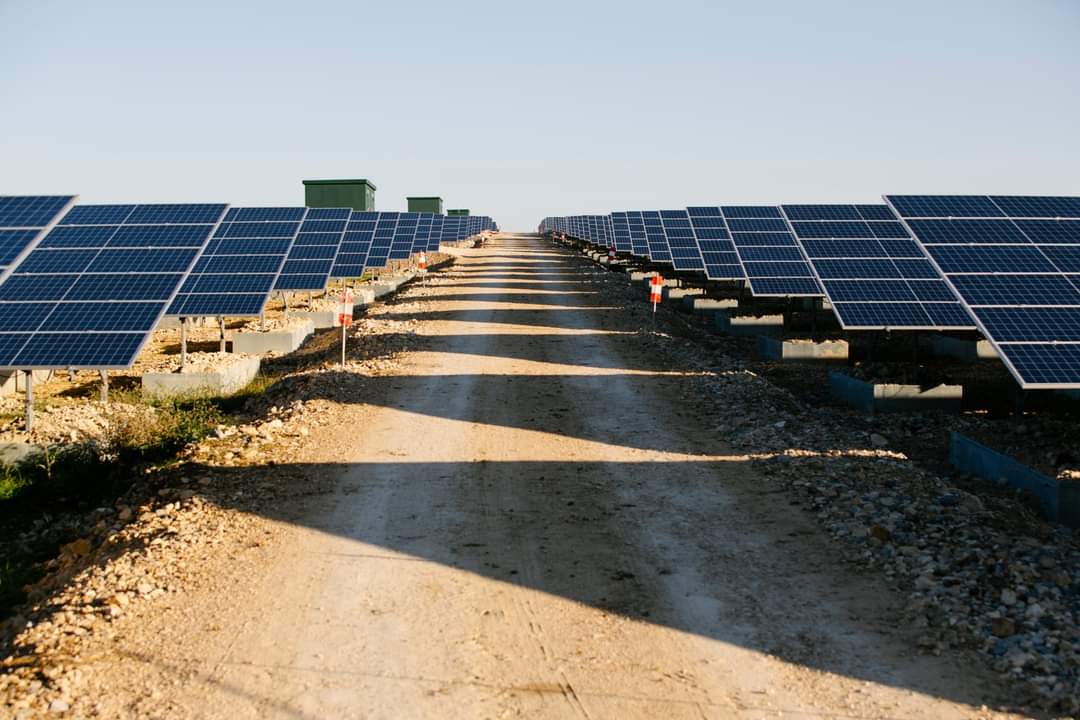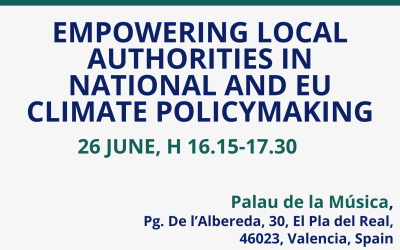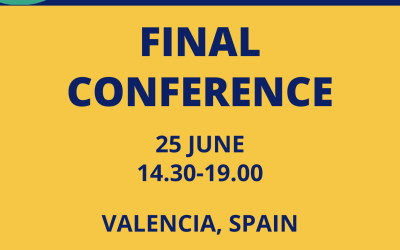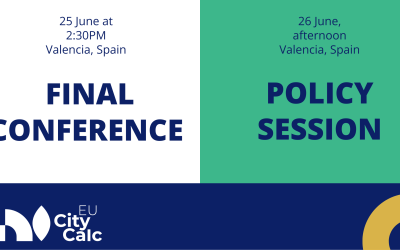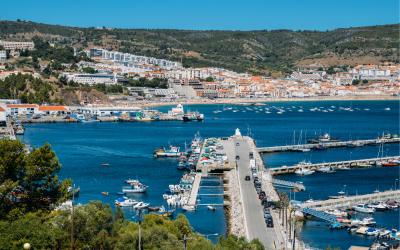The steps that cities should take to take fully advantage of the webtool
With the specter of climate change looming large, more and more cities have embarked on a mission to redefine their future through sustainable development. Harnessing the power of data-driven decision-making, EU cities can turn to the EU City Calculator to craft a robust climate strategy that aligns with their vision for a greener, more resilient future.
The EU City Calculator efficiently supports cities
A city starting its climate strategy can use the EU City Calculator to consolidate its existing energy and climate data, develop different transition scenarios, discuss the implications of these with its stakeholders and choose a scenario to serve as the basis for its climate strategy.
It goes without saying that a climate strategy is an ongoing exercise. Once the strategy is in place, the city must have an action plan and facilitate its implementation. The city will also be required to monitor its territorial GHG emissions, implement its action plan, and regularly adapt its strategy as needed. To strengthen its commitment and communicate with its stakeholders, the city can commit to the Covenant of Mayors (CoM), like more than 10,000 cities across the world. By engaging into the CoM, the city aims at reducing its GHG by 55% by 2030.
The first step is integrating the city’s data into the EU City Calculator
The first step for the city interested in using the EU City Calculator is to collect existing data regarding energy consumption and production and GHG emissions on its territory. These are emissions coming from administrative buildings, vehicles, and equipment but also the rest of the emissions on the territory coming from buildings, mobility and transport, industry, waste management, agriculture and land use change. Very quickly, the city will be able to visualise with the tool the importance of the different sectors and sub-sectors in its GHG inventory.
Using the EU City Calculator is intuitive and well documented
The city authorities can then design and compare different transition scenarios and evaluate them to be able to reach the minimum target of -55% GHGs by 2030. By enrolling in the free EUCityCalc Learning Programme, cities can quickly learn the functionalities of the webtool and get familiar with it. They can create scenarios by selecting measures that suit their needs, for example, the implementation of cycle.
The tool offers around thirty measures in the fields of transport, buildings, energy, consumption, and industry, each with several levels of ambitions, that allow the city to reflect existing or planned actions and policies. Users will realise that a large number of measures at a high level of ambition are required to reach the objective of 55% reduction of GHGs in their territory. In addition, they will see that actions from other political levels (national or EU) are also needed to decarbonise the economy more broadly and enable the cities to meet their own targets. For instance, it is a mix of more infrastructure and policies promoting the use of active modes at the city level and more global policies acting on the power and motorisation of vehicles that makes it possible to achieve ambitious objectives in terms of mobility. Being aware of this, the city is now better equipped to advocate for higher levels of governance, as well as anticipate different policy developments.
Implicating stakeholders through a co-creation process reinforces the city climate strategy
By discussing the transition scenarios modelled in the tool with various stakeholders (different economic sectors, power actors, administrative departments, agencies, NGOs, representatives of civil society, etc.), the city strengthens its climate strategy by ensuring a common language and a shared understanding of the issues and objectives targeted.
Want to learn more about the webtool and how to make the most of it to achieve climate neutrality in your city? Then sign up for the Learning Programme here!

